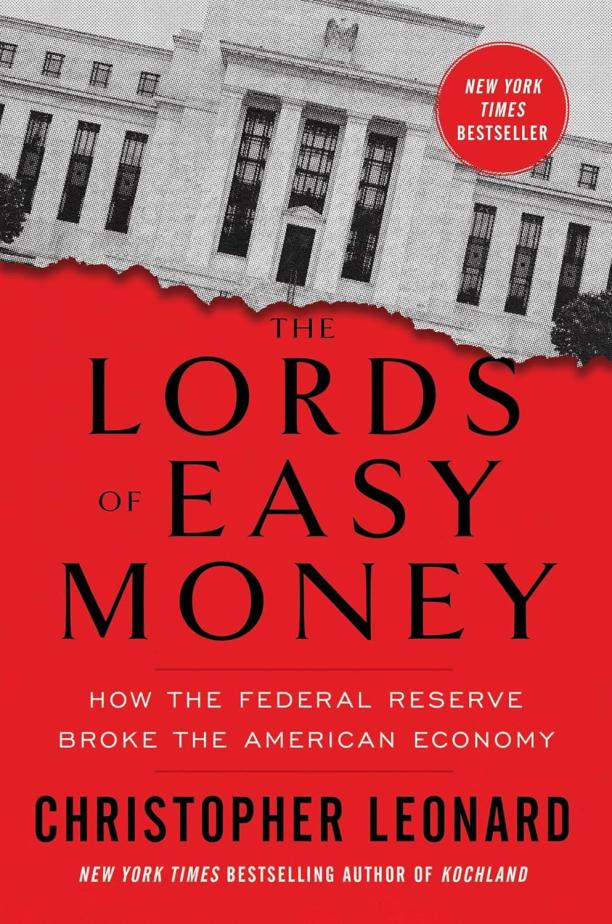Summary:
The book investigates the Federal Reserve's role in shaping the modern American economy through its unconventional monetary policies, such as quantitative easing, following the 2008 financial crisis. It critiques the Fed's actions for exacerbating wealth inequality and creating financial market distortions, arguing that these policies have had far-reaching negative consequences for the average American.
Key points:
1. Fed's 2008 Crisis Response: Leonard examines the Fed's actions during the 2008 crisis, like cutting interest rates and starting QE, which aimed to boost the economy but led to issues like asset bubbles and wealth inequality.
Books similar to "The Lords of Easy Money":
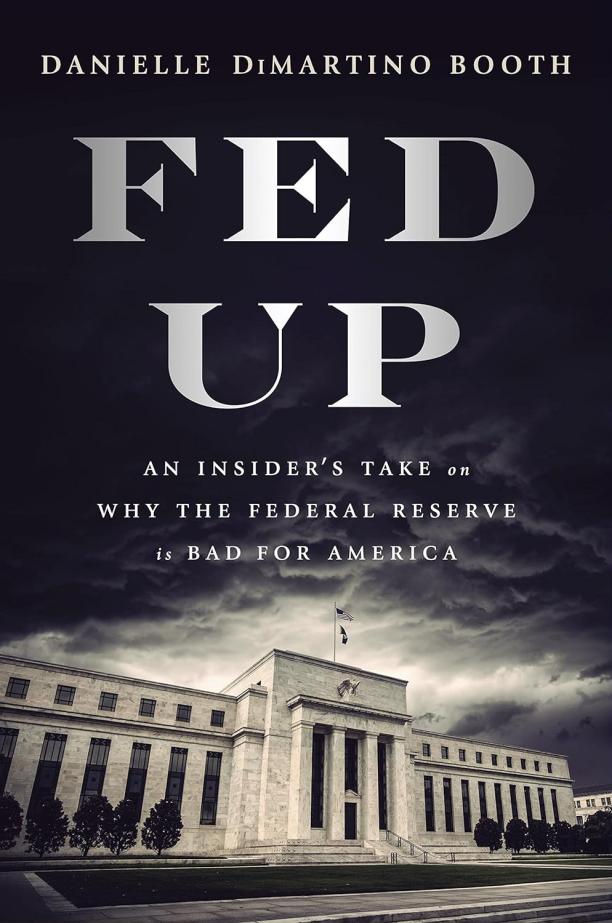
Fed Up
Danielle DiMartino Booth
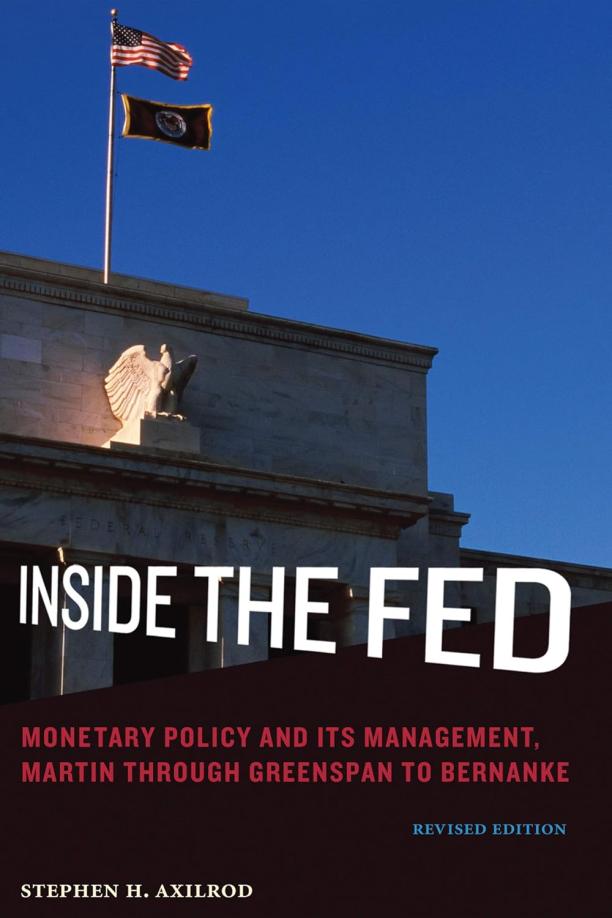
Inside the Fed, revised edition
Stephen H. Axilrod
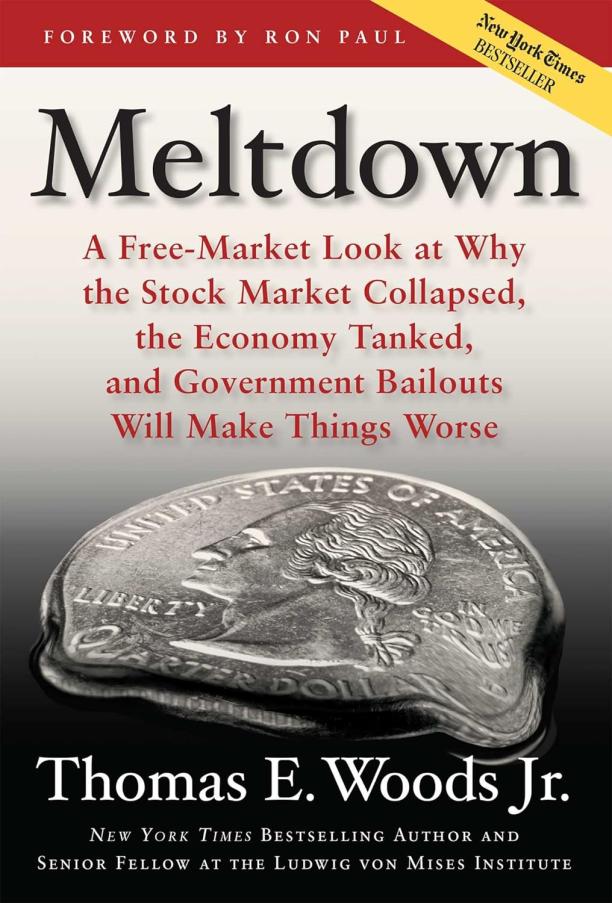
Meltdown
Thomas E. Woods
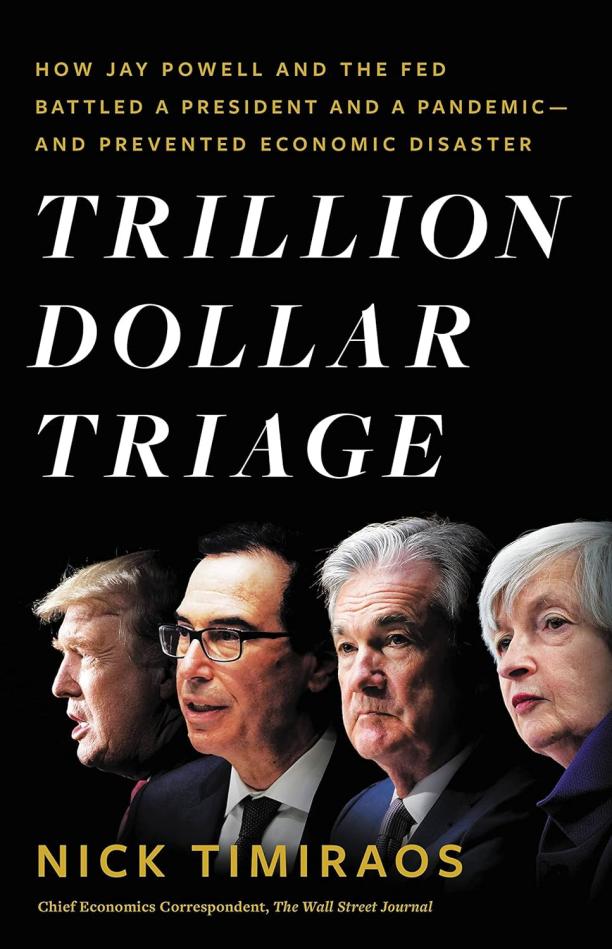
Trillion Dollar Triage
Nick Timiraos
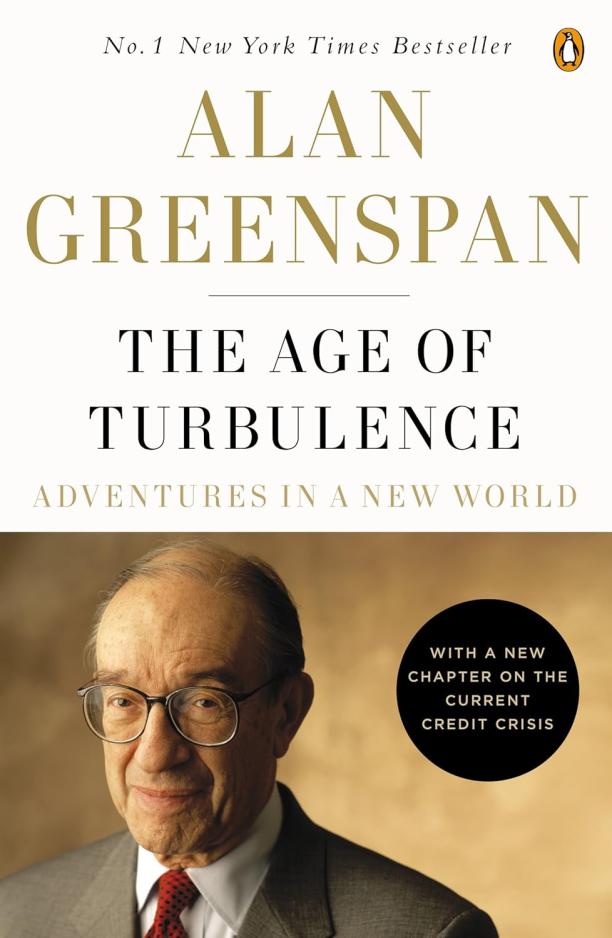
The Age of Turbulence
Alan Greenspan
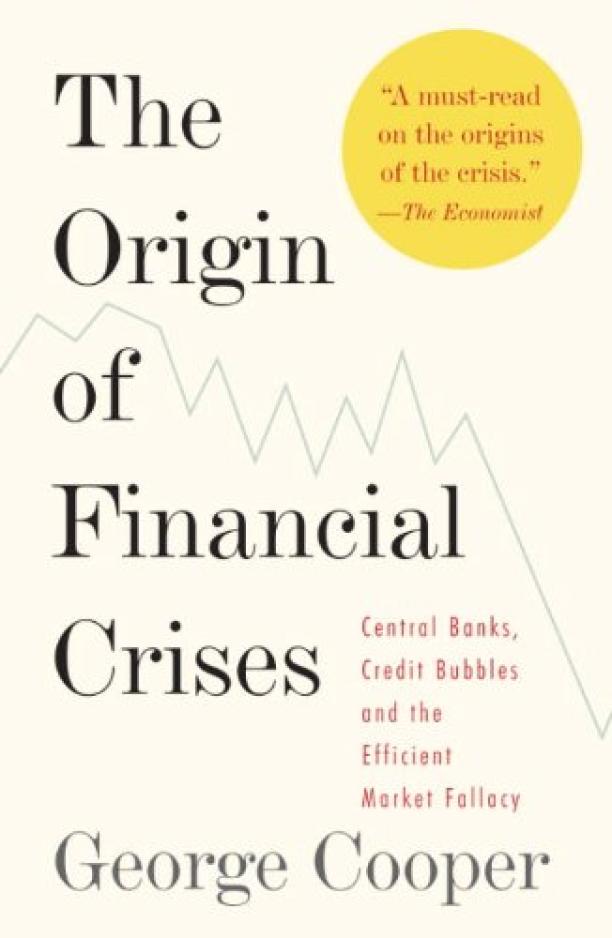
The Origin of Financial Crises
George Cooper
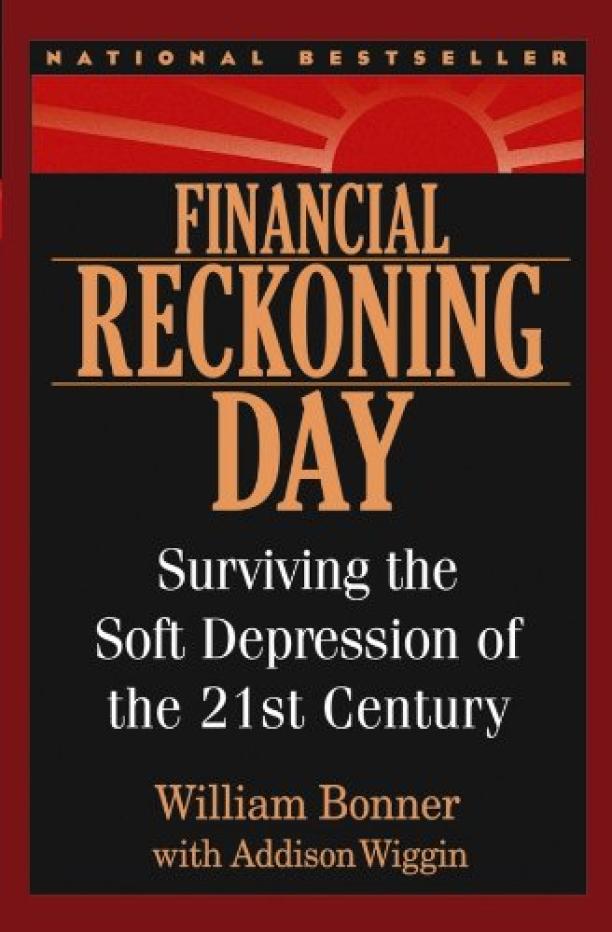
Financial Reckoning Day
William Bonner|Addison Wiggin
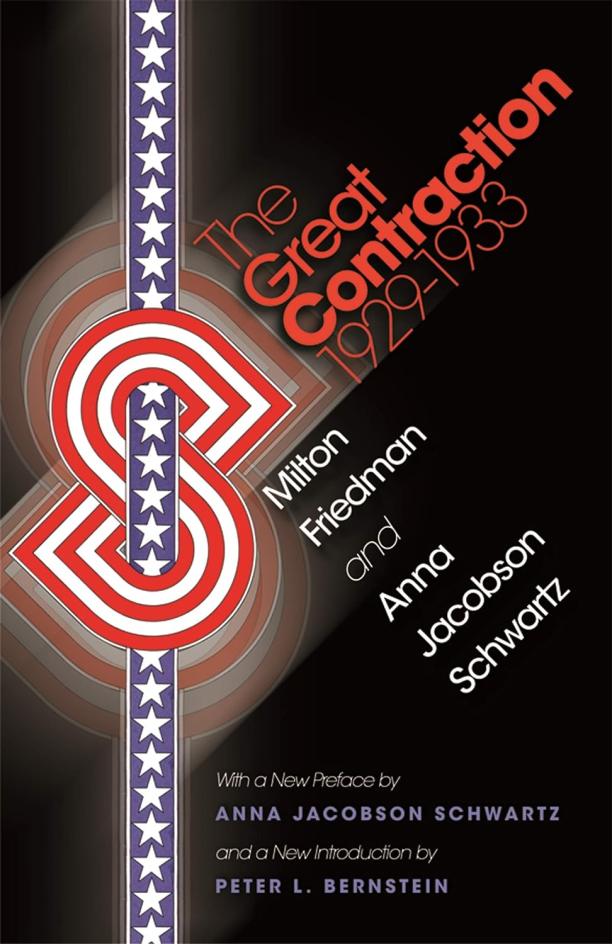
The Great Contraction, 1929-1933
Milton Friedman|Anna Jacobson Schwartz
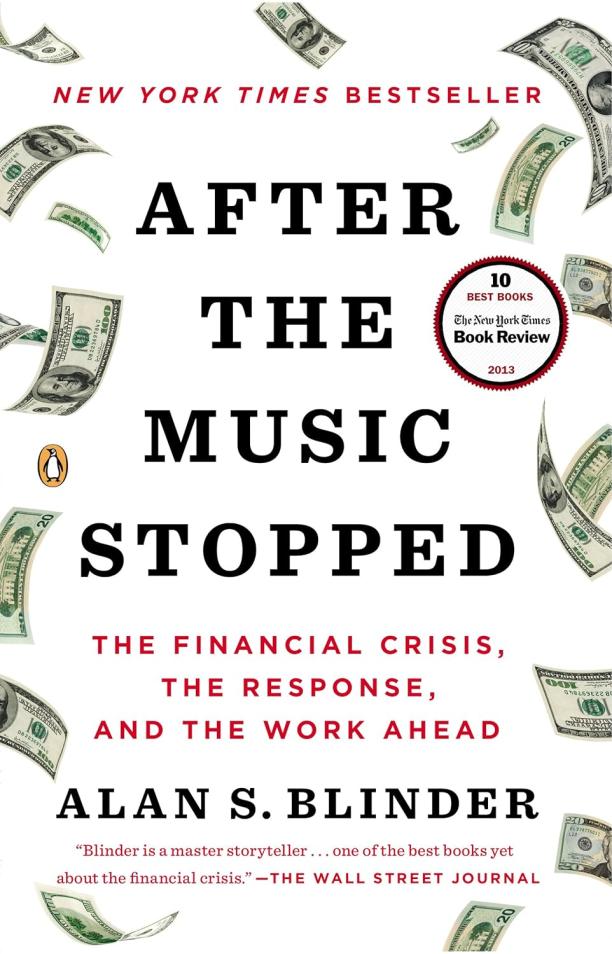
After the Music Stopped
Alan S. Blinder
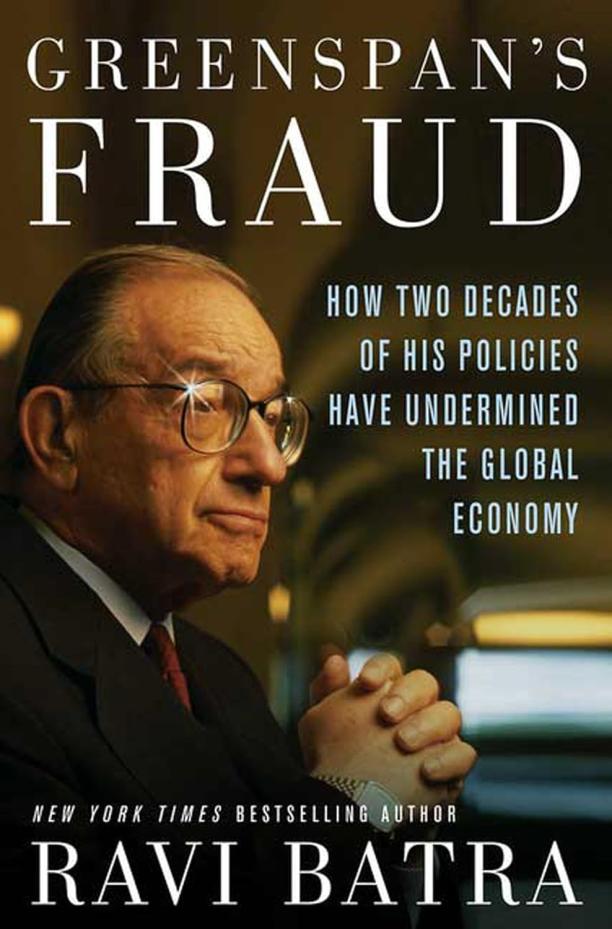
Greenspan's Fraud
Ravi Batra
